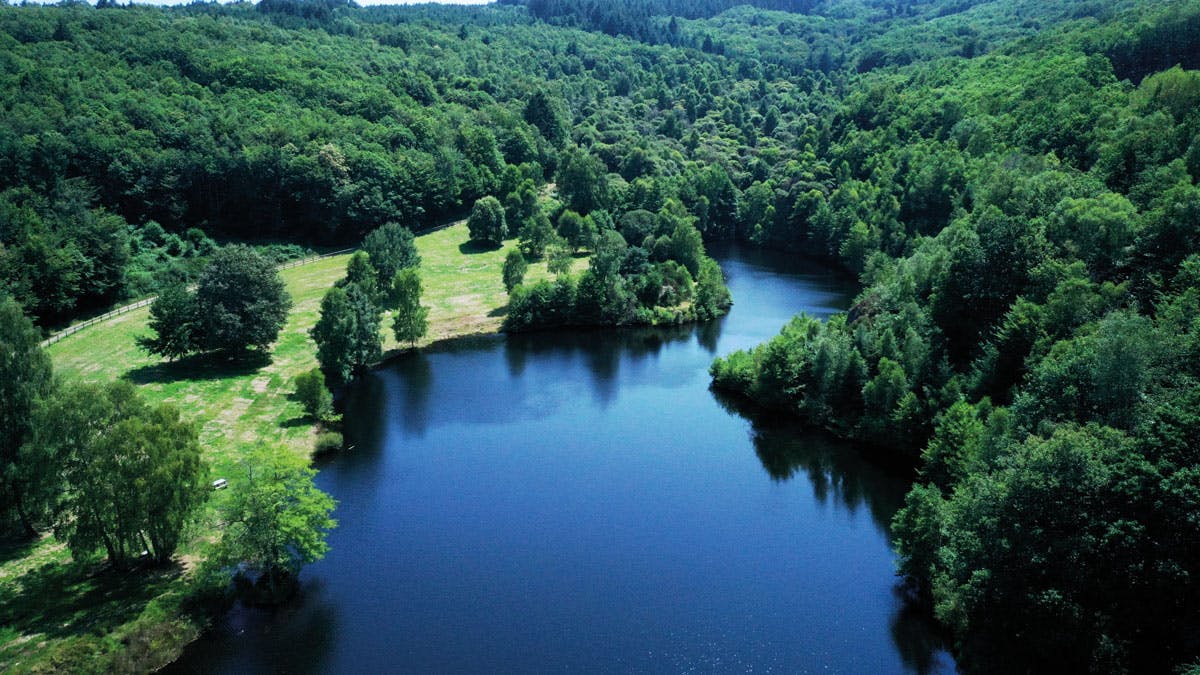New life after the mine
Harnessing 40 years’ experience in the remediation of former mines, the post-mining teams provide environmental, health and safety monitoring of reclaimed mines, preparing the ground for their second life after operation. The assignment spans a number of disciplines, including geology, water treatment, radiation protection, ecology and documentary database management. In France, Orano manages 235 former uranium mining complexes, 11 former gold mines and two former fluorine mines.

Anticipating for better remediation
The remediation of a former uranium mine is planned right from the beginning of the mining cycle. It is even a prerequisite for obtaining exploration and operation permits in all countries where Orano operates. The teams study the features of the areas concerned, such as geology, climate and biodiversity. These features are cross-checked against government requirements and local community expectations, which determine the techniques used for operation and remediation of the site.
Managing mining tailings
Processing facilities in contact with the ore are dismantled and, where necessary, stored in a secure area along with the processing tailings. In France, 18 former uranium mining complexes contain stores of mining tailings derived from ore processing located in ICPE environmentally regulated sites. Orano teams periodically monitor and check these storage facilities to guarantee the absence of a significant impact on health and the environment.
Transforming the mine into a nature zone
Orano has rehabilitated its former mining sites in France, Gabon, the United States and Canada. Over 35% of the mines operated by Orano in France have been transformed into forests or nature reserves. The Group is responsible for the sustainable management of nearly 1,300 hectares of forest. The teams ensure the preservation and renewal of local species in order to promote the development of biodiversity. Mine reclamation can be tailored to economic, industrial or leisure purposes in accordance with the expectations of the regions concerned.
Sites of ecological interest
In France, the post-mining teams manage 248 post-remediation former mining sites (uranium, gold and fluorine) and 18 water treatment plants. Nearly 30 specialists are tasked with monitoring these sites. Some former mines have been transformed into biodiversity reserves, leaving nature to reconquer the land. The annual environmental monitoring carried out at the Bellezane, Sagnes and Bessines sites in Haute-Vienne shows regular enrichment in vulnerable species.
Successful second lives
More than 63% of sites
are transformed into farms, industrial facilities or solar power plants.
9 solar farm projects
are under review with the potential for supplying 65,000 households.
5 solar power plants
have been installed in former mines and supply the equivalent of nearly 20,000 households.
Over 20%
of former sites house leisure facilities (fishing, hiking, scuba diving, etc.).

